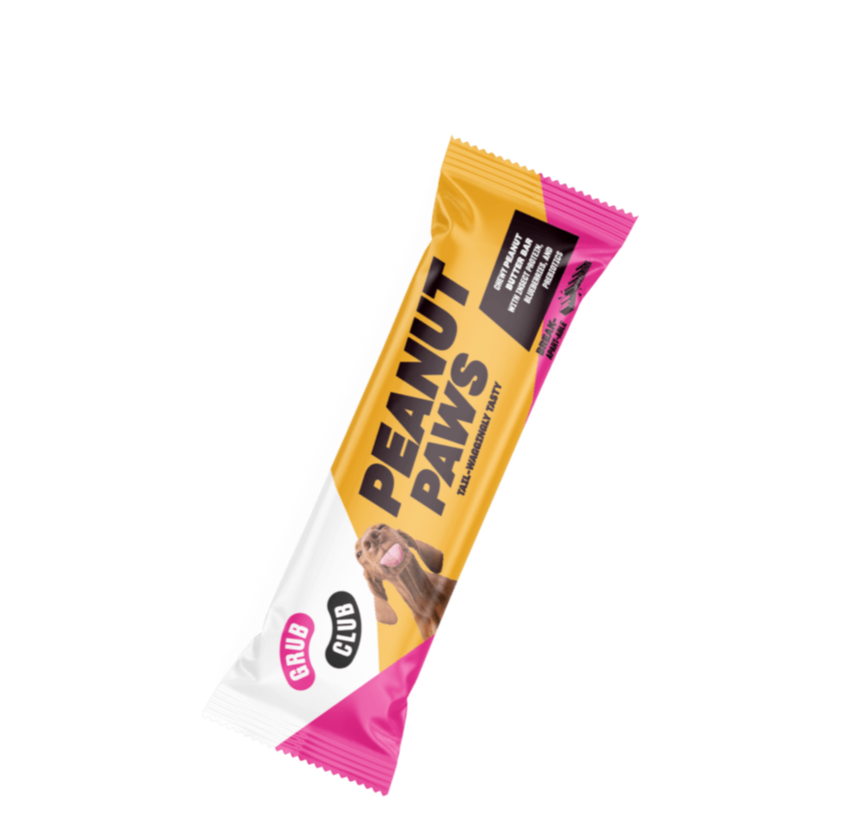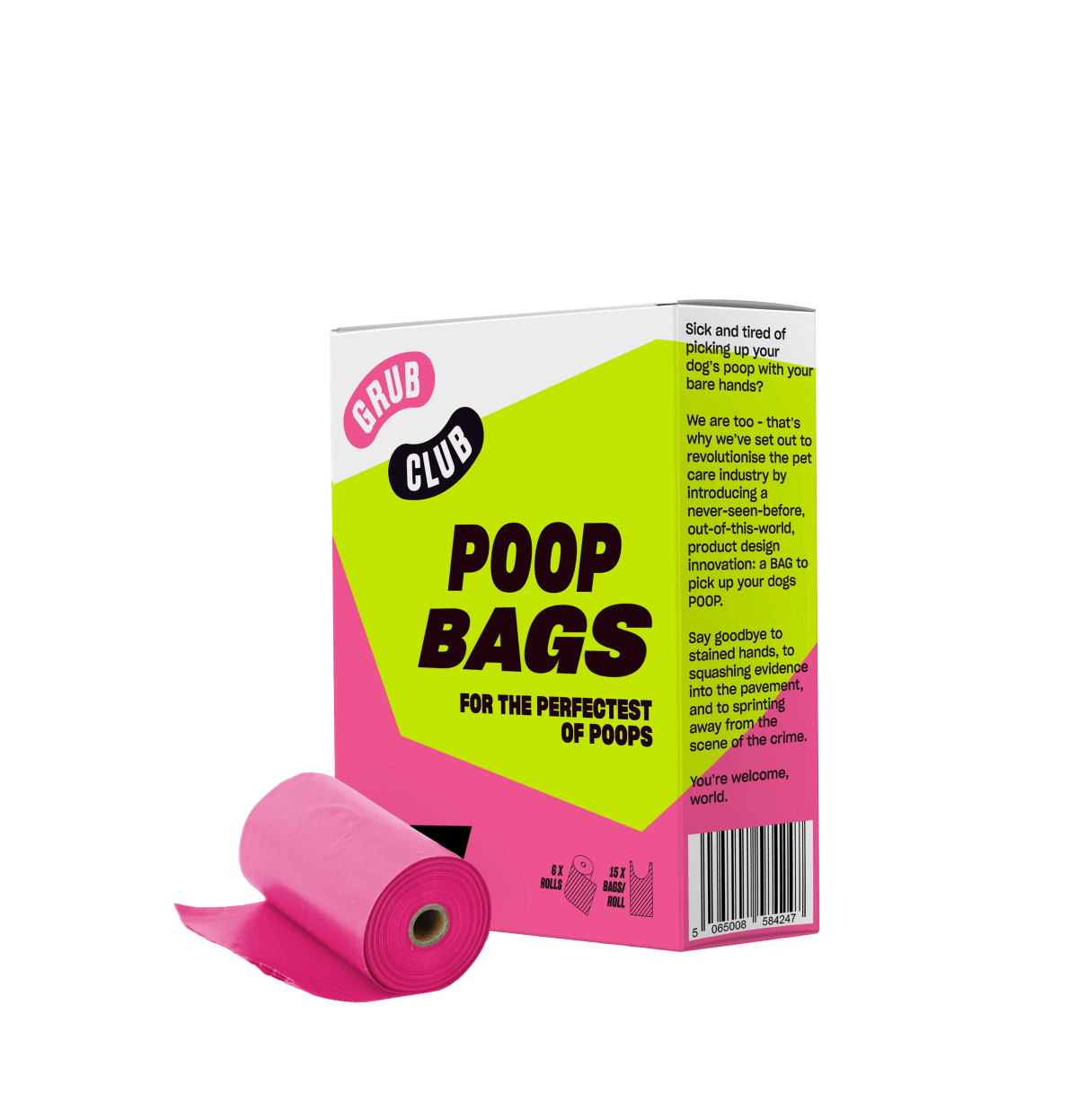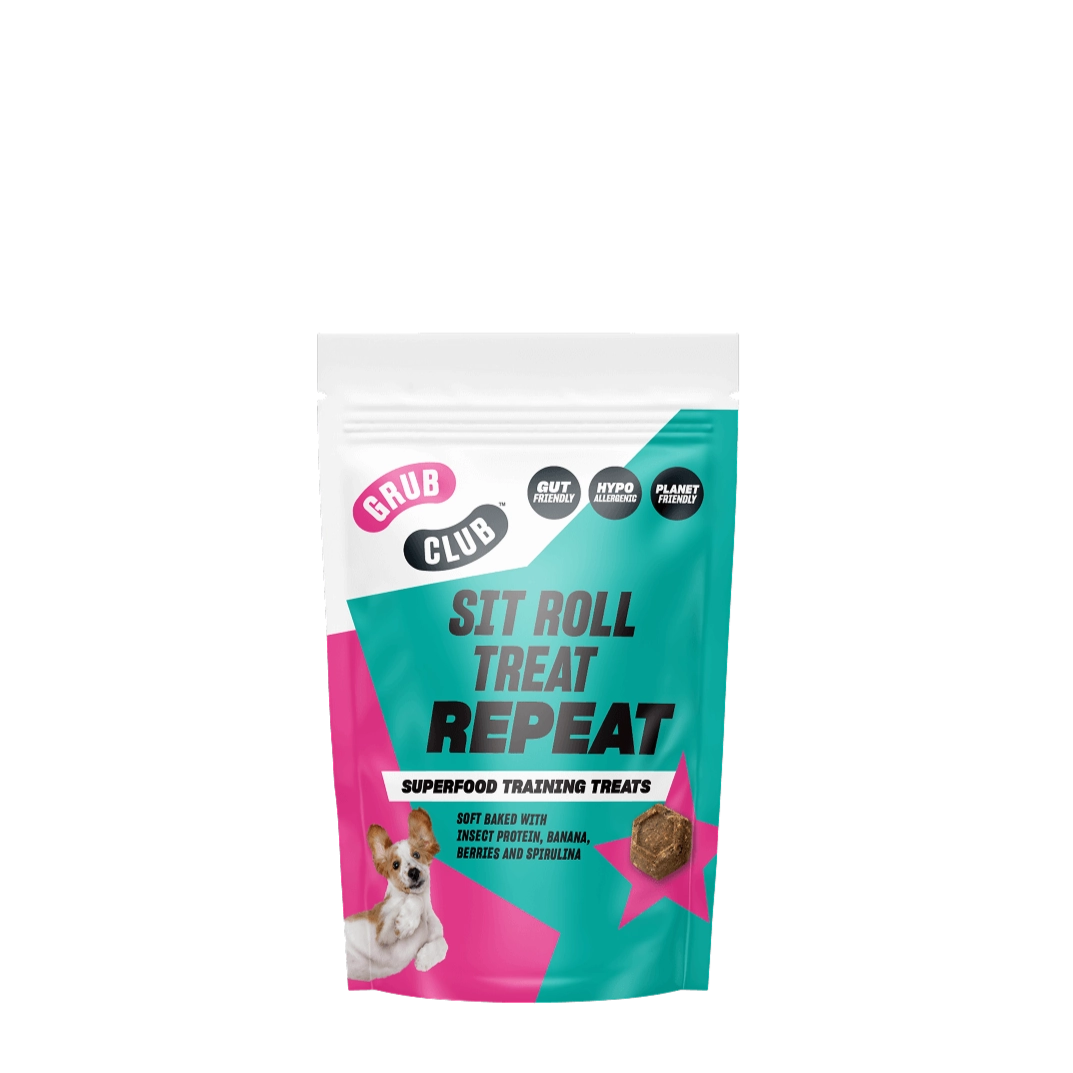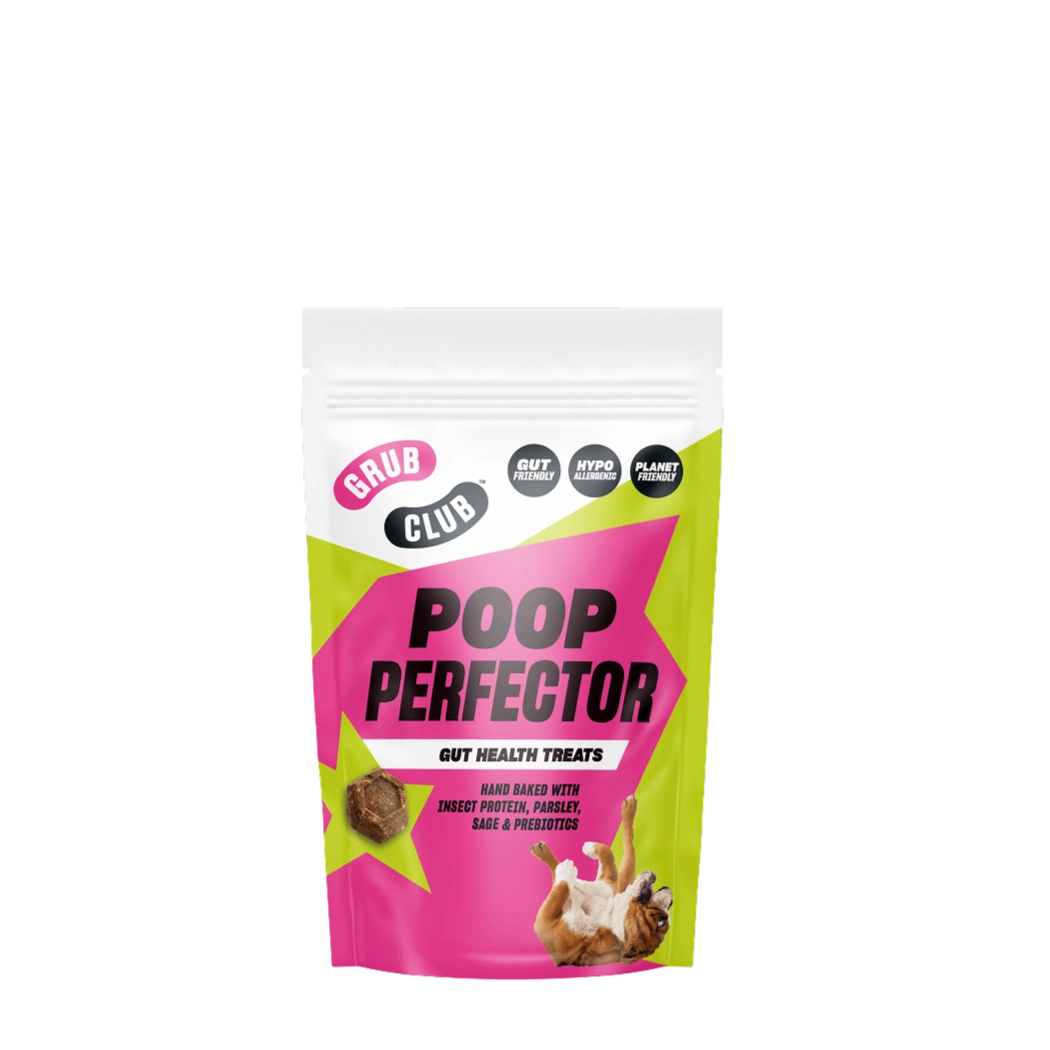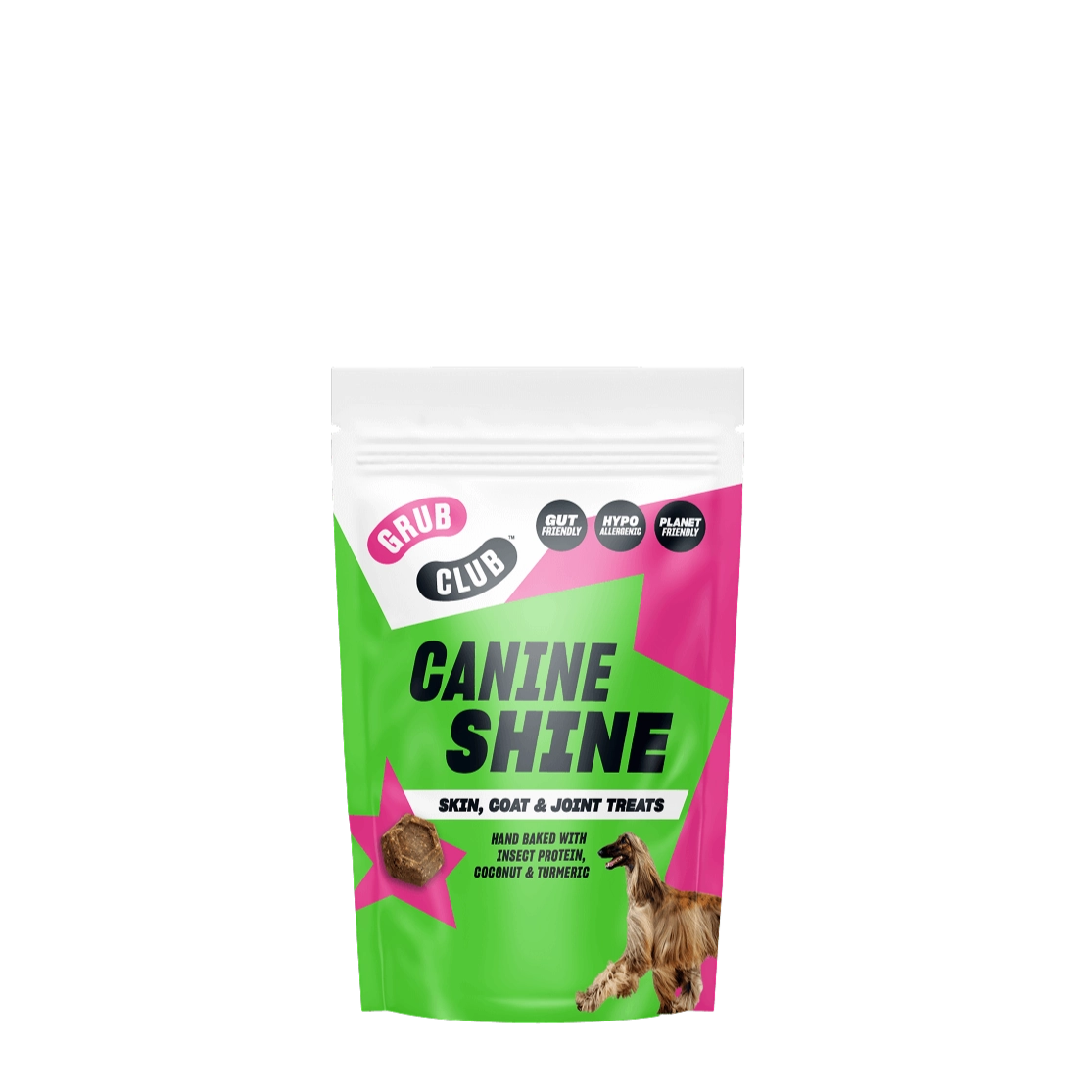Dogs bring immense joy to our lives, but one aspect of being a dog owner that isn’t quite as pleasant is dealing with bad breath. But don’t worry; you’re not alone in this predicament as bad dog breath is a common issue. We investigate whether you should be concerned about your dog’s bad breath and offer you some valuable tips for achieving fresher doggy breath.
The Culprits Behind Stinky Dog Breath
-
Dental Issues:
One of the most common reasons for bad breath in dogs is poor dental hygiene. Just like us, dogs are susceptible to dental issues such as plaque and tartar buildup which can lead to bacterial growth and, consequently, foul breath. Neglecting your dog’s oral health is a significant culprit.
-
Diet:
Surprisingly, your dog’s diet can play a significant role in your dog’s breath quality. Feeding them low-quality or inappropriate food can lead to bad breath and poor oral health.
-
Medical Conditions:
Bad breath can sometimes be a sign of an underlying medical issue. Conditions like diabetes, kidney disease and gastrointestinal problems can well manifest other symptoms such as a stinky mouth. If your dog’s breath consistently smells foul and you’ve ruled out dental and dietary issues, it could be time to investigate a little further.
-
Hydration:
Dehydration can also contribute to bad breath in dogs. Adequate water intake is essential for overall health and can prevent dryness in the mouth that often leads to unpleasant odours.
-
Bad Anal Glands:
Less common but just as significant, bad breath can be caused by issues with your dog’s anal glands. These glands, located on either side of the anus, can become infected or blocked, resulting in a distinct and unpleasant smell. If your dog is licking these it can most certainly lead to a stinky mouth! If you suspect this may be the cause, consult your vet for an examination.

Should I Be Worried if My Dog Has Bad Breath?
Generally, occasional bad breath in dogs is not a cause for immediate concern. However, persistent or intensely foul odours should raise some red flags. Regularly monitor your dog’s breath and overall health to ensure their well-being and always consult your vet with any concerns. Remember, prevention and early detection are key.
Top Tips for Fresher Doggy Breath
Now that we’ve identified the culprits behind bad breath in dogs, let’s take a look at some effective solutions to keep your furry friend’s breath fresh and clean:
-
Regular Dental Care:
Just like humans, dogs require routine dental care to prevent plaque and tartar buildup. Brushing your dog’s teeth the same way in which you brush your own, is an effective way to maintain their oral hygiene. There are a wide range of dog toothbrushes and toothpaste available on the market that are specifically designed for your pooch’s mouth and will help to break down the bacteria that can lead to oral problems. Additionally, you should consider incorporating dental sticks into your dog’s daily oral care regimen. Our brand new chewy insect-based dental sticks contain the perfect blend of teeth cleaning and nerve-calming properties. These are guaranteed to keep teeth “pawly white” and any anxiety your dog experiences out of sight. These chewable sticks promote dental health and will most definitely help to keep their breath fresh.
-
High-Quality Dog Food:
Invest in high-quality dog food that is rich in all the nutrients that your canine pal requires. A good complete food will help to support good oral health and overall well-being. Foods like our All-Day Buffet complete dog food which is packed full of vitamins A, C and K as well as fibre and Omega 3, prebiotics and insect protein, everything your dog needs to stay fit and healthy.
-
Regular Vet Check-Ups:
Regular veterinary check-ups are vital for identifying and addressing underlying medical conditions that may be contributing to your dog’s bad breath. Your vet can offer guidance on medical and dental care as well as dietary advice.

As you can see you don’t need to fret too much over bad doggy breath by going to regular vet visits, carrying out dental care, and providing high-quality food, as well as dental sticks these will collectively contribute to a happier and healthier furry companion.
Check Out Our Related Products & Bundles:



